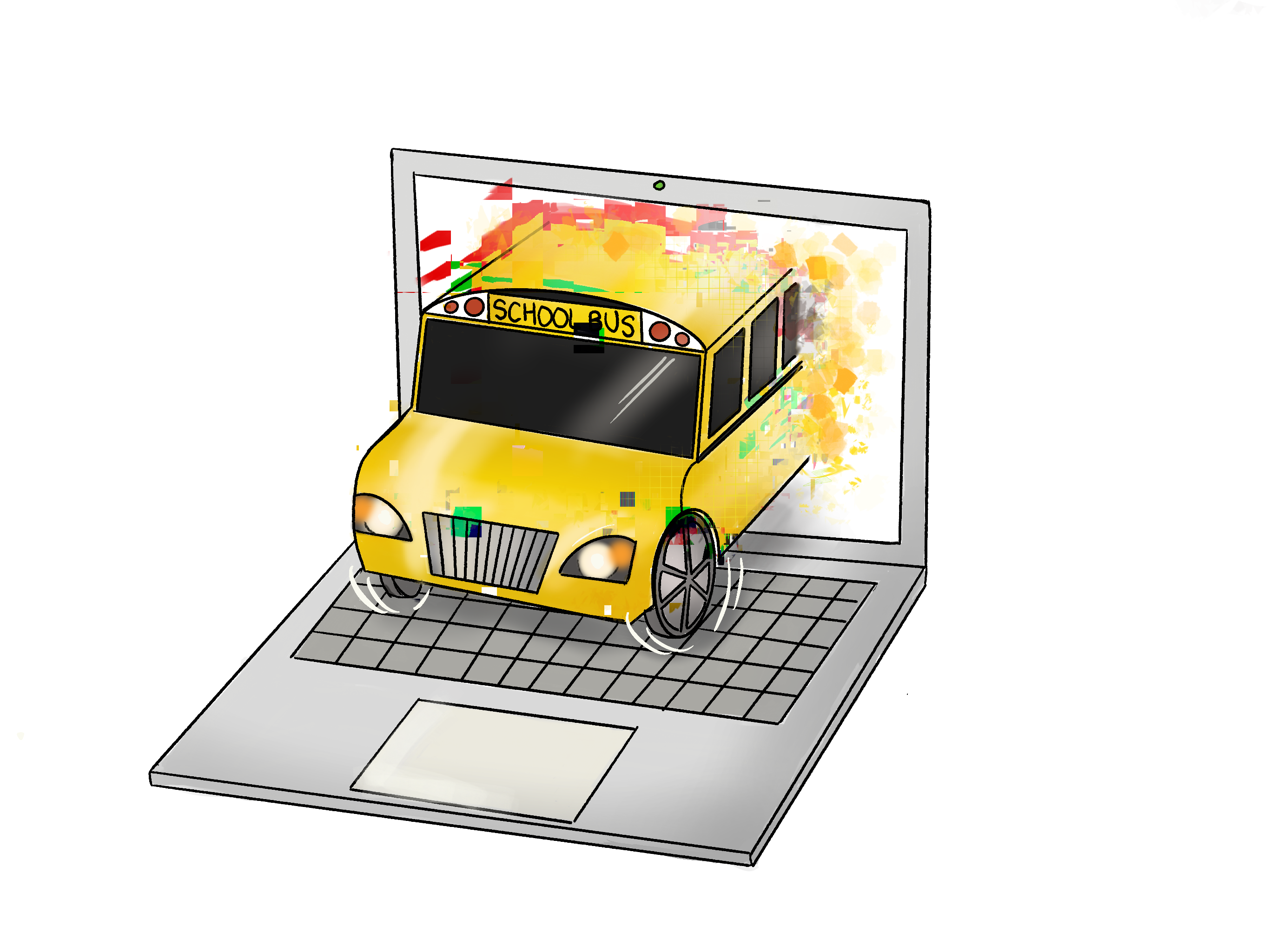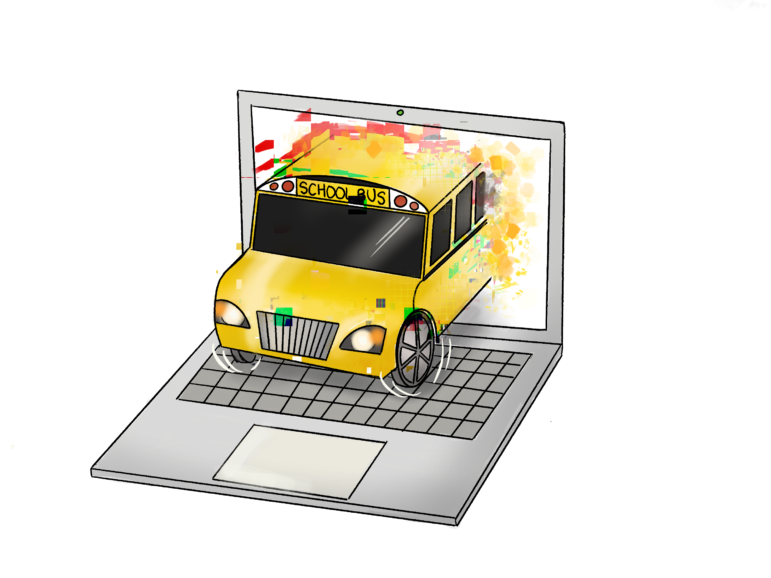
The pandemic has prohibited people from meeting in large groups and traveling, which poses difficulties to school field trips that typically involve both those activities. Aragon’s Advancement via Individual Determination (AVID) class, and Mock Trial Club normally host annual field trips, but these have been replaced with virtual events this year.
At the end of the fall semester, AVID students visited Arizona State University via Zoom where they got to hear from AVID adviser Alejandra Cheever’s son and his peers, who are students at ASU. Students also got to interact with a virtual map of the campus and connect with university students in breakout rooms.
In a separate event, seniors learned about San Francisco State University’s Metro College Success Program. The SFSU website describes the metro program as a community that enrolls freshmen in support courses and pairs them with upperclassman guides. These meets served as the two annual fall semester college tours the class takes.
“[The tours] have definitely given me motivation,” said senior AVID student Victor Gonzalez. “Just talking about college is one thing, but once you get there, reality hits you. People usually try to see [the school] in person, but online you can’t get that same experience; it’s just one-sided through a screen.”

AVID advisers also traditionally host a cultural outing in the spring to a museum or a theater show. These trips give students an opportunity to experience the arts in the Bay Area through school-led activities.
While these occasions often take months of advanced planning and an entire school day to execute, this year’s virtual Oakland Zoo visit operated on fewer class and planning hours. On April 16, a few weeks after AVID adviser Tiffany Chiaro sent an email to the zoo’s outreach program, a docent came to AVID’s Zoom class and gave a presentation.
“The chat was really helpful because students felt comfortable asking questions when maybe they wouldn’t normally in person,” Chiaro said.
The field trip exhibited the best of both worlds since there was opportunity for both virtual and face-to-face discussion. Cohorts returned to school in April, so students got to chat with each other in the classroom during the zoo presentation. Each trip resembled an in-class guest speaker session, so there were no conflicting schedules or administration forms.
Similar to the AVID trips, the Mock Trial field trip organization and timing were also easier. Their Law Day event on April 30 was shortened from the usual two hours to a little over one hour, which spanned from lunch through Flex Time. Law Day has always been held by the San Mateo County Bar Association, to celebrate the County’s 14 high school Mock Trial teams. The agenda consisted of a luncheon, a speech by a prominent figure in the law field, a debrief of the trials and an announcement of awards and scholarships.
“In previous years, we were short on time because there were so many schools being bused in, and it was a bit hectic and crowded,” said senior Mock Trial member Michaela Cornejo. “It was a field trip in the middle of the day, and they provided lunch for everyone. It felt very catered to us, but now it feels more like a meeting than a whole ordeal.”
Although students could contact their friends outside of the Zoom webinar, there was a large social disconnect between participants. A webinar differs from a meeting in that it only allows select people to present, unmute and operate their cameras. Last year’s virtual Law Day presented the same limitations.
“Last year, it was my first time going, and it was held online for the first year ever,” said sophomore Mock Trial member Angelina Parker. “It was strange because I hadn’t been to a lot of Zoom meetings in my life at that point. It was a little underwhelming because everyone had their cameras off, and only three people were talking the whole time giving out awards.”
Some students that attended either the AVID or Law Day field trips felt less excited without public interaction or a break from Zoom classes. However, hosting them virtually has been more efficient and academically productive, as transportation, socialization and missed class time were reduced.
